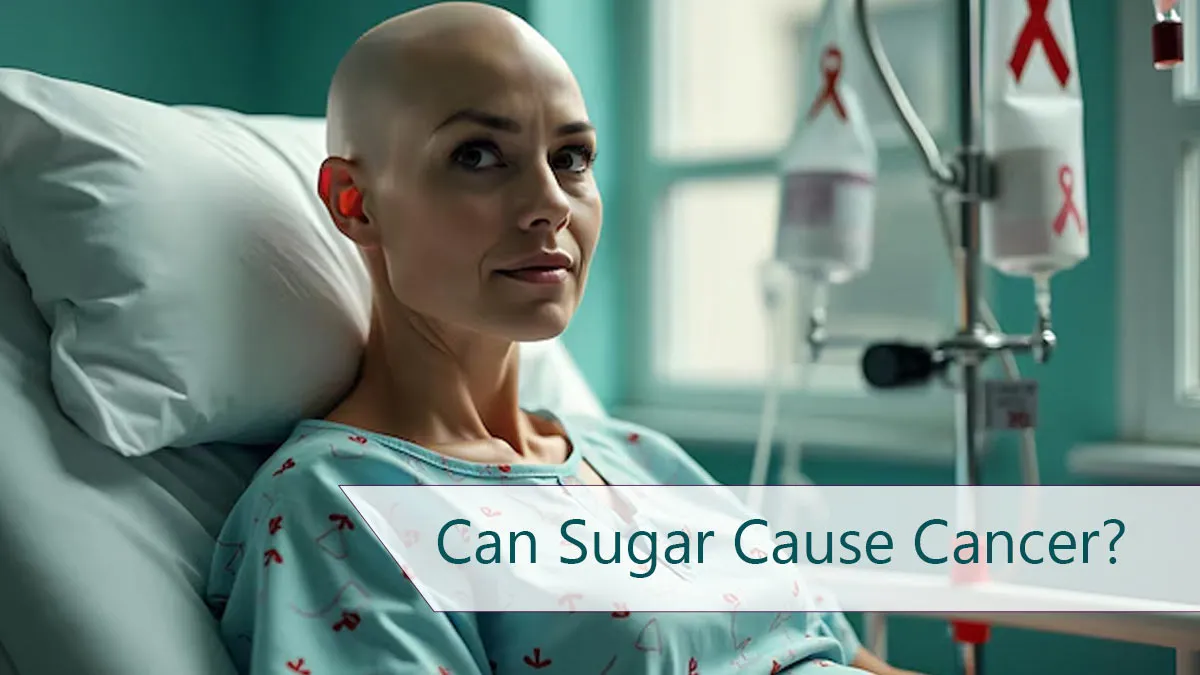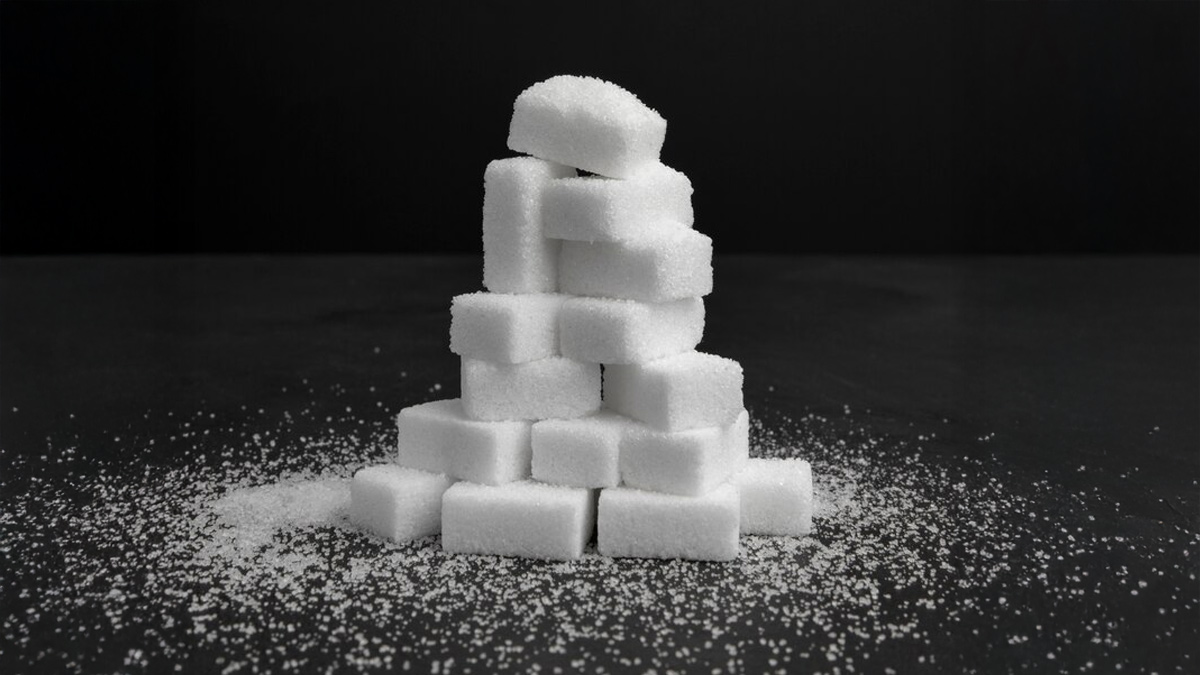
The relationship between diet and cancer has been the subject of extensive research, with sugar being a focal point in discussions about cancer prevention. While sugar is a natural part of many foods and essential for energy, excessive consumption has been linked to various health issues, including obesity and diabetes—both of which are risk factors for cancer. The question remains whether sugar directly contributes to cancer development or if it merely creates conditions that increase vulnerability. An expert detailed the connection between sugar and cancer, examining how glucose impacts cancer cells and what steps you can take to reduce your risk.
Table of Content:-
How Sugar May Contribute to Cancer Growth

Dr Tarang Krishna, Managing Director, Dr Krishna’s Cancer Healer Center, New Delhi, emphasizes the direct relationship between sugar and cancer. “If you want to control cancer, you should stop taking sugar. Cancer cells thrive on C6H12O6 i.e. glucose, creating a flourishing environment for their growth.”
Here’s how excessive sugar intake may contribute to cancer risk:
- Cancer Cells Feed on Glucose: Cancer cells consume glucose at a much higher rate than normal cells, using it as fuel for rapid growth and division.
- Creates a Favorable Environment: High glucose levels in the body may create an ideal environment for cancer cells to thrive.
- Linked to Diabetes: Dr Krishna highlights that 60% of cancer patients diagnosed at stage 3 were diabetic, suggesting a strong link between high blood sugar levels and cancer progression.
ALSO READ: Can MEDSRX Formula Help You Avoid Cancer? Expert Details The Acronym
A Study on Sugar and Cancer
A study published in The New England Journal of Medicine explored the link between excessive sugar consumption and cancer development. Researchers found that diets high in sucrose or fructose activate metabolic pathways that promote inflammation and tumour growth. The study also revealed that individuals with metabolic syndrome (a condition linked to high sugar intake) are at a significantly higher risk of developing various cancers, including breast, colorectal, and pancreatic cancers. These findings underscore the importance of reducing added sugars in your diet to lower cancer risk.
Misconceptions About Sugar and Cancer
-1741172379728.jpg)
While sugar plays a role in fueling cancer cells, it’s important to address common misconceptions:
- Sugar Alone Doesn’t Cause Cancer: Consuming sugar doesn’t directly cause cancer but can contribute to conditions like obesity and diabetes, which increase cancer risk.
- All Cells Need Glucose: Normal cells also require glucose for energy, so eliminating all carbohydrates from your diet isn’t practical or healthy.
- Dr Krishna clarifies: “The chances of having an abnormal baby or developing cancer are not higher with sugar alone but depend on overall health and lifestyle factors.”
Tips to Reduce Sugar Intake
To minimise your risk of cancer and improve overall health, consider these tips:
- Limit Added Sugars: Avoid sugary beverages, desserts, and processed foods high in added sugars.
- Choose Whole Foods: Opt for fruits, vegetables, whole grains, and lean proteins that provide natural sugars along with essential nutrients.
- Read Labels: Check food labels for hidden sugars listed under names like sucrose, fructose, or corn syrup.
- Maintain a Healthy Weight: Excess body fat is a known risk factor for several types of cancer.
ALSO READ: World Cancer Day 2025: Check Theme, History, Significance And Inspirational Quotes
Conclusion
While sugar itself doesn’t directly cause cancer, excessive consumption can create conditions favourable for its growth by fueling cancer cells and contributing to obesity or diabetes. As Dr Tarang Krishna advises, reducing added sugars in your diet is a proactive step toward lowering your risk of developing cancer while improving overall health. By adopting a balanced diet and mindful eating habits, you can protect yourself from potential health risks while enjoying a healthier lifestyle.
Also watch this video
How we keep this article up to date:
We work with experts and keep a close eye on the latest in health and wellness. Whenever there is a new research or helpful information, we update our articles with accurate and useful advice.
Current Version